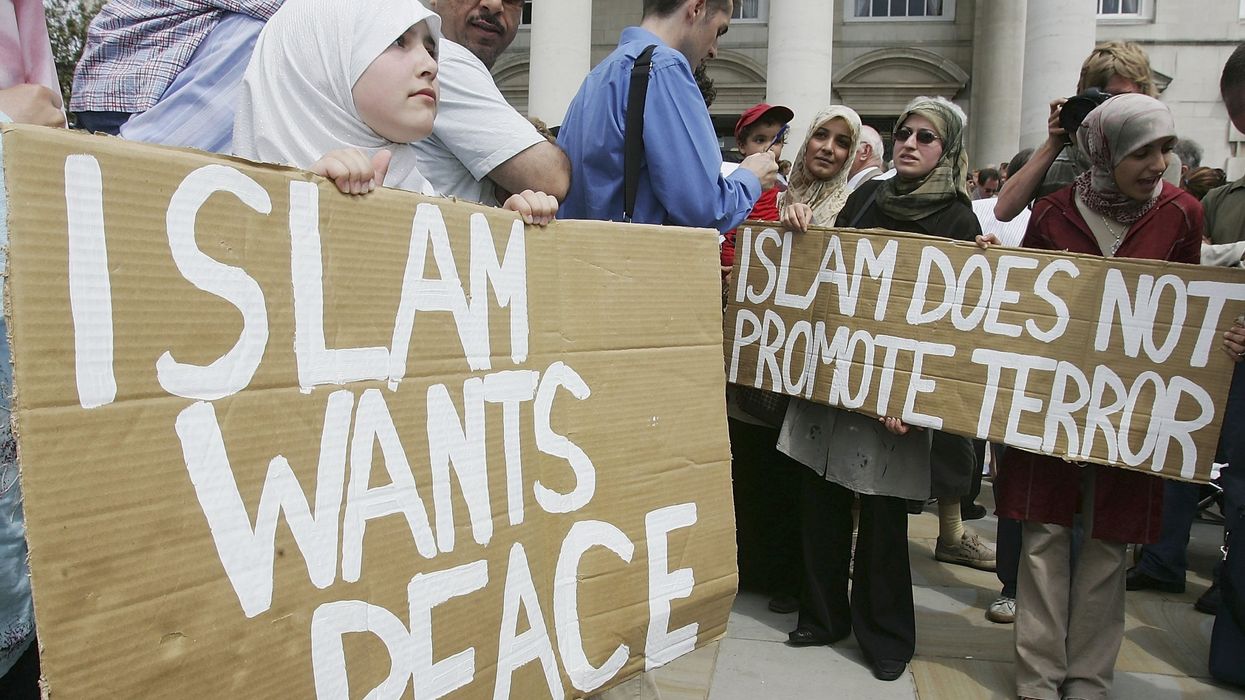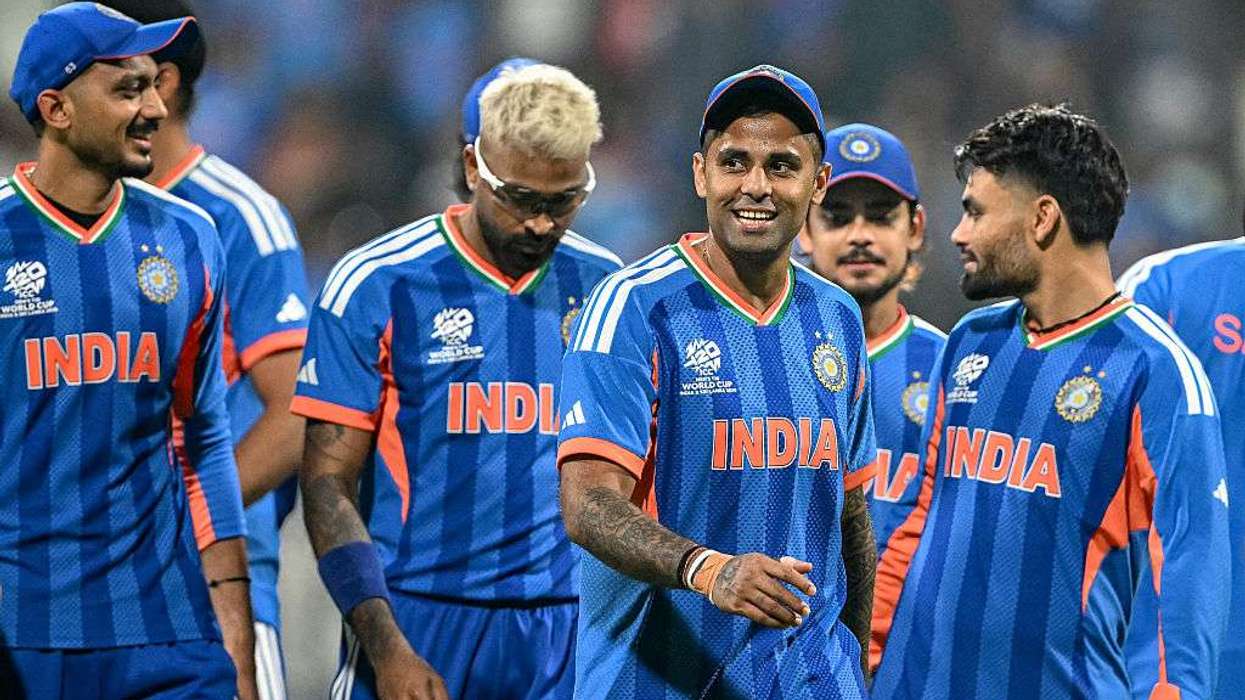THE September 11 terrorist attack in the United States was a “landmark moment that dramatically shifted how the British public saw Muslims”, race activists said ahead of the 20th anniversary of the tragedy on Saturday (11).
Nearly 3,000 people died in coordinated attacks in the US on September 11, 2001, by terrorist group al-Qaeda. Nineteen al-Qaeda militants hijacked four civilian aircraft, deliberately crashing two of the planes into the upper floors of the World Trade Center towers in New York City.
Often cited as “the day that changed the world”, it remains the deadliest terrorist attack in human history on US soil.
Experts also believe it triggered a wave of hate and discrimination against ethnic minority groups. According to Brown University figures, the number of hate crimes against Muslims spiked 500 per cent between 2000 and 2009 in the US.
'Anti-Muslim attitudes have taken root'
Rosie Carter is the senior policy officer for anti-racist group Hope not Hate (HNH). She said although acceptance of Muslims among the British public has been normalised by an increasingly established population, “explicitly anti-Muslim attitudes and behaviours have taken root in tandem”.
“While anti-Muslim prejudice has been prevalent for a long time before 9/11, the attacks were a landmark moment that dramatically shifted how the British public saw Muslims,” she told Eastern Eye on Monday (6).
Sunder Katwala, director of British Future think-tank, said the biggest impact of 9/11 on community relations was to focus integration debates on Muslim communities in the UK.
“Political leaders were at pains to emphasise distinctions between the faith of Islam and tackling Islamist extremism, in which Muslims have a key role,” Katwala told Eastern Eye on Tuesday (7). “But casual prejudice against Muslims is now significantly broader than against most other ethnic and faith minorities, despite general progress against racism across generations. Those with the least social contact with Muslims can caricature the whole group because of the threat from terrorists.”
In the UK, the latest government statistics on hate crime showed that half of religious hate crime offences were targeted against Muslims (3,089 offences) in the
year ending March 2020.
Katwala also noted the impact on British Asian communities in general. “(British Asians) could also find themselves cast as ‘good’ and ‘bad’ minorities, making efforts to mitigate tensions between Sikhs, Hindus and Muslims, and to show solidarity against all forms of extremism and prejudice more important,” he said.
However, Carter does not believe the 9/11 attacks were the sole reason that public attitudes turned against Muslims. “Post-9/11 trauma was central to providing a pathway to legitimacy for anti-Muslim activists who gained mainstream platforms as spokespeople on radical Islam, making associations between broader criticisms of Islam and violent terrorism,” she said.
Carter also referred to polling which showed concerns about an incompatibility
of Islam with British values doubled between 2001 and 2006. This was around the time when controversies about women wearing the veil and free speech was prominent in newspapers across Europe and America.
“Perceptions of Muslims as distinctly different also fed narratives of Muslims failing to integrate or assimilate,” she added.
'An increase of British Muslim presence in the UK'
Challenging times did also catalyse efforts for integration, Katwala said. “Those angry to see their faith caricatured by extremists did speak out, but bridging voices were often frustrated to find the national media paid most attention to the ravings of extreme voices like (Islamist hate preacher) Anjem Choudary,” Katwala said.
He noted the increase of British Muslim presence in the UK, particularly in
mainstream politics. For instance, at the time of the September 11 attacks, there was not a single Muslim MP in England. Today, however, prominent Muslim heritage politicians in the UK today include the health secretary Sajid Javid, the
London mayor Sadiq Khan, Scottish health secretary Humza Yousaf and Scottish Labour leader Anas Sarwar.
But Katwala noted there was still a mismatch between polarised national debates
and local efforts. “Those quietly getting on with the spadework of connecting communities have rarely had the support they merit,” he said.
Lord Navnit Dholakia, deputy leader of the Liberal Democrat party, recalled race
relations being “in turmoil” in the aftermath of the terrorist attacks. The peer said the events of 9/11 were “unbelievable”, a catastrophe difficult to comprehend.
“The impact on our diverse community in UK was considerable,” he added. “Some had lost close relations.”
Ahead of the 20th anniversary of 9/11 this weekend, Lord Dholakia spoke of his
hopes for the future. He said he would like to see the UK as a country which was
comfortable with itself. “No one is going to go back to the country where they came from,” he said. “We need to ensure there is equality of opportunity and outcomes for all here.”




